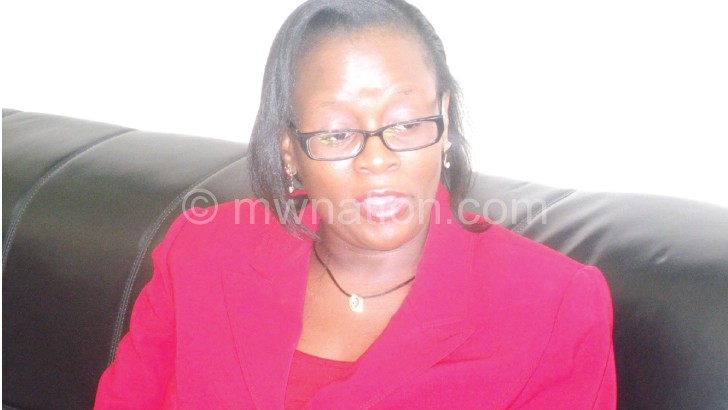RBM, FIU probing 22 corporate accounts
The Reserve Bank of Malawi (RBM) and the Financial Intelligence Unit (FIU) are investigating 22 corporate accounts in two banks in connection with the illicit externalisation of about $16.9 million (K11.7 billion) through alleged fake invoices and Malawi Revenue Authority (MRA) import documents in the last two years, Nation on Sunday has learnt.
FIU has said the accounts under investigation are being held in two banks only and the figure could be higher if all banks were considered.

In an analysis done by FIU, most of the alleged illicit financial flows emanate from trade transactions where companies and businesses pretend to order goods from outside Malawi using either fake invoices and MRA documents, genuine invoices with hiked prices and fake MRA documents or genuine invoices with the right prices but fake MRA documents.
FIU director Atuweni Juwayeyi-Agbermodji said invoices would be in favour of a foreign company with which they have a relationship, either as a sister company or their regular supplier of goods.
“Once the money has been transferred out, the goods for which the invoice was issued never come into Malawi, or if they do, they are of a lower quality or quantity, not matching with the invoice issued. The ultimate goal being to take the money out of the country,” she explained in an e-mail response.
To deal with the issue, said Juwayeyi-Agbermodji, FIU proposes allowing banks to access the MRA system to verify if documents that customers present to them when requesting transfer of funds for importing goods and services are genuine.
“I know that this system currently exists at the borders, but it would be ideal to have it in all banks. This would ensure that there is proper coordination between the banks and MRA. In the event that the banks come across fake documentation, they can report to FIU, MRA and RBM,” she said.
Juwayeyi-Agbermodji added that as FIU is at the receiving end of transactions, it would be helpful if banks and MRA acted on such fraudulent activities quickly.
“On our part, we pay close attention to funds transfers made to jurisdictions we have classified as high risk. We also take note on the frequency of the transactions,” she said.
Responding to a questionnaire, RBM spokesperson Mbane Ngwira confirmed that investigations were underway relating to suspected illegal foreign exchange transfers by some traders.
“It is alleged that these traders are using false MRA documents. However, in order not to jeopardise the investigations, we cannot divulge any detailed information as requested,” said Ngwira.
He said for funds to be transferred outside Malawi, individuals or companies request their banks to transfer funds on their behalf and indicate the amount, currency, purpose, the beneficiary and the country of resident of the beneficiary.
Ngwira said they are also required to provide supporting documents for their request, which may include invoices and MRA documents.
MRA spokesperson Steve Kapoloma said the authority has recently concluded four cases involving presentation of false invoices at the border where total revenue amounting to K52 million was recovered.
Kapoloma said the authority has undertaken several investigative cases involving externalisation of funds for allegedly using fake customs documents.
“The malpractice has involved largely small and medium enterprises [SMEs] and no case has been registered for any big company or trader,” said Kapoloma.
He said the traders forge these documents and present the same to the banks for remittance of forex.
Kapoloma said to deal with the issue, MRA is working with RBM to have an electronic interface between MRA and commercial banks systems to enable verification of documents and necessitate legal financial transactions where correct taxes are paid.
Currently, Malawi loses about K200 billion annually to IFF [illicit financial flows], according to the Global Financial Integrity June 2015 report.
Last year, fiscal agencies also investigated at least 14 companies—mostly owned by businesspersons of Asian origin—suspected of illegally externalising around K10 billion from the country. n





